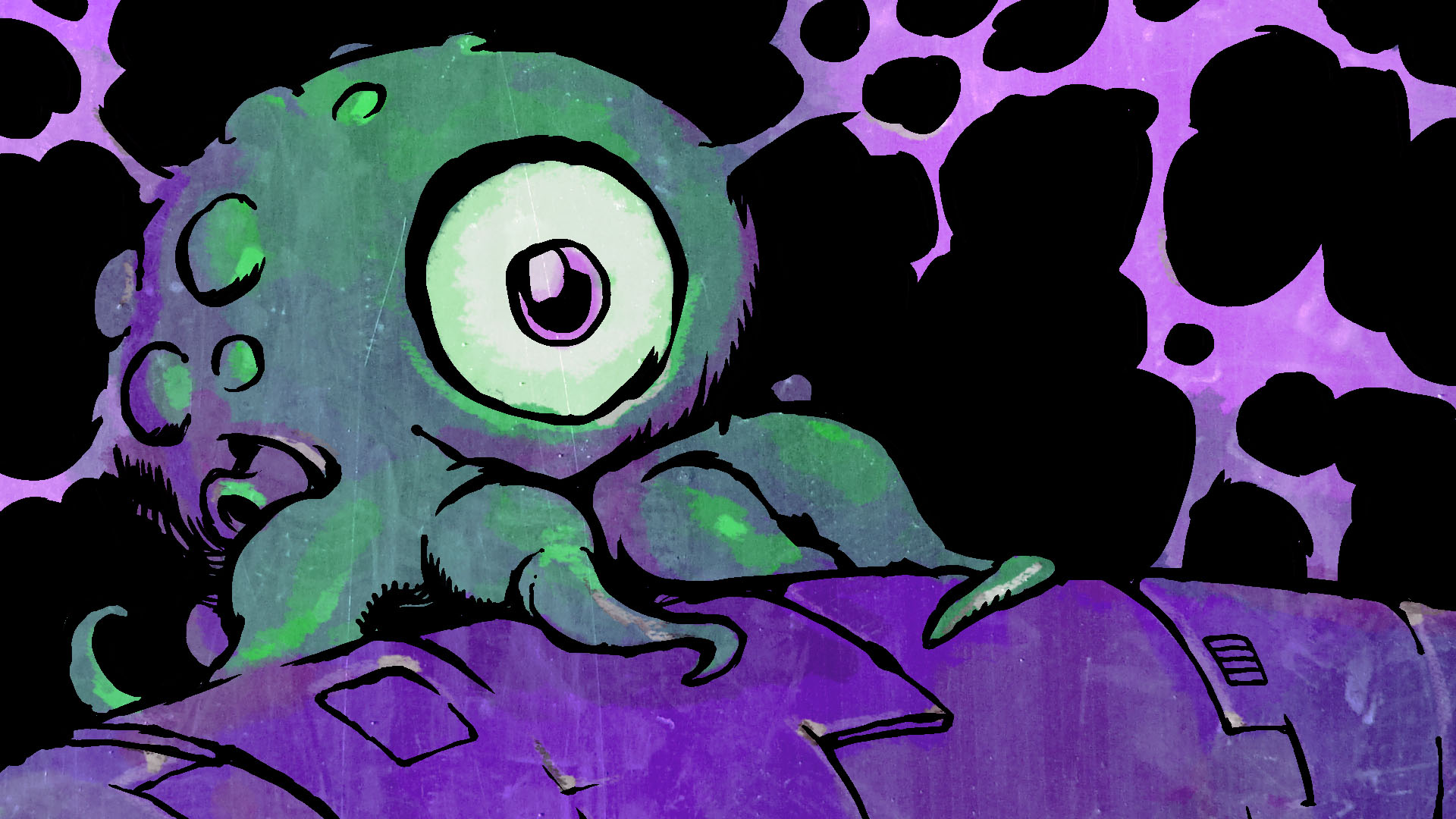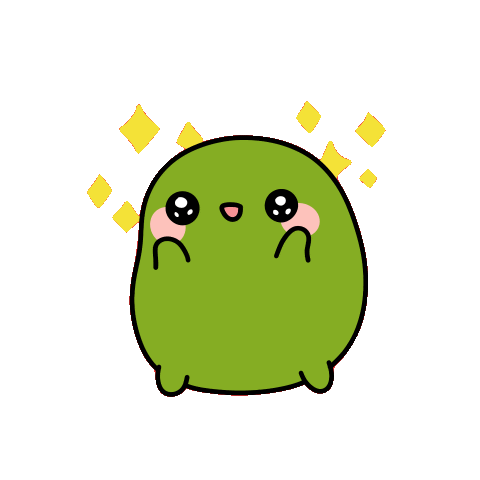I’ve noticed in recent times
Poetry doesn’t rhyme
And even when it can
It doesn’t scan
It’s shit, it’s true
I blame haiku
This is true art
deleted by creator
I never thought I’d see the day
When someone writes a poem
The first thing that we say to them
Is “Did you use an LLM?” :(
If a poem neither rhymes nor scans,
Sorry for my spite
It’s no longer poetry
It’s someone talking shite
Rhyming is a mnemonic device
Rhyming has other purposes: creation of additional sonic rhythm and restricting of words usage - for making matter more distinct and interesting (as rules do for any game).
They’re called large language models for a reason, creating patterns of words is exactly what they do. And poetry would be “easier” to do better since a human reading it may try to find meaning where there isn’t. Unlike writing a story or something factual where a mistake is more obvious.
Who the fuck wants poetry written by a machine? The whole point of poetry is that it’s an original expression of another human. It’s not a non-fiction book or decorative art. It doesn’t exist because we think it’s perfect. It exists because it’s a connection to another person.
Like, who gives a shit if a machine can churn out something like Langston Hughes “The Negro Speaks of Rivers.” . His life is what gives the poem its meaning.
I’m all for LLMs writing stuff but when people say it can create certain types of art, I want to use one to make a dismissive_wank.png image.
The whole point of poetry is that it’s an original expression of another human.
Who are you to decide what the “point” of poetry is?
Maybe the point of poetry is to make the reader feel something. If AI-generated poetry can do that just as well as human-generated poetry, then it’s just as good when judged in that manner.
I’m the Poet Laureate of the Darvaza Gas Crater, that’s who I am to decide it.
I’ve never heard of that, but assuming that’s a real thing and you’re telling the truth, it still doesn’t mean you get to decide what the “point” of poetry is for everybody else.
You aren’t the arbiter of what people are allowed to enjoy or see value in. If ‘Poem XYZ’ resonates with a bunch of people, but you hate it on principle because of how it was created, that doesn’t make their viewpoint invalid. To think it does is extremely arrogant.
The Darvaza gas crater is a hole in Turkmenistan that’s leaking natural gas and is on fire. I’m quite sure they don’t have a “poet laureate”, it’s literally just a hole in the ground.
But even if it was some metropolis, yeah, he’d be just some guy.
I’m sorry but he really is the arbiter of who gets to decide the meaning of poetry, how the subjective experience of emotion is correctly described in written form, as well as the one who decides what is valuable and what should rightfully be cast aside and shunned, and even boooed!
All hail the Darvaza Gas Crater!!!
I’ll raise you one better: who the fuck wants poetry?
Like I know I sound like a fucking mongrel who can’t appreciate art or whatever, but how many poems do you think the average person reads in their entire life? Maybe 2, for school? Poetry is just not that popular of an art form, so of course people aren’t going to be good at distinguishing good from bad. Compare it to visual arts, where people have seen multiple examples, at least more than 3 times a year for their entire life, of good visual art.
deleted by creator
That’s cool, I’m glad you are making something you enjoy. The point stands that the average Joe doesn’t actually seek out poetry, be it man or machine-made, and will therefore be an exceptionally poor judge of a poems quality.
You’re right, actually. How many people make a point of reading poetry? I’ve read a huge amount, especially when I was in school, as well as news articles, and of course an unfathomable number of comments.
Never have I decided to read poetry, not once.
deleted by creator
I like Ethan Hawke’s take: https://youtube.com/shorts/dPBMTpK5yvk
Does any poetry have any value without knowing the person that made it?
Knowing a human made it is the point. To be crude, if a sex doll is your girlfriend, you’re single.
Tbh that just doesn’t seem right to me. Like the sunsets has beauty to me without being made. I watch shows and may never know the artist or hear a poetic phrase completely divorced from its context that has a profound meaning to me.
I wank for you
It actually makes quite a lot of sense if you think about it. Poems generally follow a structure of some sort; a certain amount of syllables per line, a certain rhyming scheme, alliterative patterns, etc. Most poems as we know them are actually rather formulaic by nature, so it seems only natural that a computer would be good at creating something according to a set of configured parameters.
And knows all the words and how they rhyme.
Poetry is about the message and sentiment so now anyone can be a poet as long as they can generate something that resonates with a group of people.
Although most modern poetry is something like copyright for ads or maybe a video game. So I am sure companies will try to reduce staff on that and pay for this.
I still don’t buy they are a replacement for humans doing it tbh though based on the graphic art you around. Even when it is “right” it still has this generic slop vibe.
Peoper editing likely could reduce that feel.
Peoper editing
hehe
These typos pass “lurkers mental captcha” see ain’t AI bot!
Nah… I just suck
I’ve got more than my share of typos, but they aren’t always as funny :)
I don’t follow poetry, but there could be a resurgence of abstract or non pattern following poetry, just like most art has movement that move along with what is happening in the world.
deleted by creator
The only poetry I see going around is Rupi Kaur poems, which fits your description. I rarely see someone referencing any of these, for example. Could be due to my social circles, but I don’t really see it in mass media either.
They specify in the study that the participants were “non-expert poetry readers.” I’d be interested to see the same experiment repeated with English professors, or even just English majors. Folks with a lot of experience reading poetry. With exposure to its history, its notable works, and its different styles.
This. Marvel superhero movies are also more popular with the general public than art films, but that doesn’t necessarily mean they’re better.
You can get whatever result you want if you’re able to define what “better” means.
Good luck finding people willing to deal with English majors long enough to conduct the study.
deleted by creator
Depends on what kind of “poetry” they compare it to. If they talk about Shakespeare or Goethe, that would be a feat. But if they are talking about modern “poetry”, well, that already looks like bad LLM diarrhea for decades now, so there is no surprise in that.
The thing I really hate about AI is when they say it can make art. For centuries, art has been a form of expression and communicating all sorts of human emotions and experiences. Some art reflects pain or memories experienced in life. Other art is designed out of intellectual curiosity or to evoke thought. AI isn’t human, so it can’t do anything other than copy or simulate. It’s artificial after all. So it makes images. But there’s no backstory or feelings or emotion or suffering. It’s truly meaningless.
In 1962 Phillip K Dick put out a book called “Man in the High Castle.” In it there was a scene that stuck out to me, and seems more and more relevant as this AI wave continues.
In it a man has two identical lighters. Each made in the same year by the same manufacturer. But one was priceless and one was worthless.
The priceless one was owned by Abraham Lincoln and was in his pocket on the night he was assassinated. He had a letter of certification as such, and could trace the ownership all the way back to that night.
And he takes them both and mixes them up and asks which is the one with value. If you can no longer discern the one with “historicity,” then where is it’s value?
And every time I see an article like this I can’t help but think about that. If I tell you about the life and hardship of an artist, and then present you two poems, one that he wrote and one that was spit out by an LLM, and you cannot determine which has the true hardship and emotion tied to it, then which has value? What if I killed the artist before he could reveal which one was the “true” poem? How do you know which is a powerful expression of the artist’s oppression, and which is worthless, randomly generated swill?
Art, like the value of Lincoln’s lighter, is in the eye of the beholder.
Often, people find art in completely natural occurrences. Or even human designs seen in certain ways, like how two or more separate buildings might come together in unintended ways.
So, even if it’s not strictly intentional human art, it’s still valid to appreciate it.
There’s no contradiction here.
With high value art you definitionally buy a story not the content. Without a certificate of authenticity or a story that goes with it there is no story and no value to it.
With K Dick’s example the two lighters would become of different but equivalent value, perhaps the new value is in the story of how two identical copies and yet different came to be.
You could 3d scan the statue of David and reproduce it down to its tiniest detail. And yet the copy is only worth as much as the cost to make it or even less, while the original is invaluable.
You can see the Mona Lisa on your phone any time you want and yet millions will take the trip to the Louvre to see what is most likely not even the original.
The story and the history of an object is what you purchase when buying art or antiques of high value.
They didn’t say AI produces low value art. They said AI doesn’t produce art at all.
I think there’s an argument about art being the emotions it invokes in the viewer rather than the creator. Humans can find art in natural phenomena, which also has no feelings or backstory involved.
I’m not really defending AI slop here, just disagreeing with your definition of art and the relation to the creator rather than the viewer.
Indeed, there are whole categories of art such as “found art” or the abstract stuff that involves throwing splats of paint at things that can’t really convey the intent of the artist because the artist wasn’t involved in specifying how it looked in the first place. The artist is more like the “first viewer” of those particular art pieces, they do or find a thing and then decide “that means something” after the fact.
It’s entirely possible to do that with something AI generated. Algorithmic art goes way back. Lots of people find graphs of the Mandelbrot Set to be beautiful.
deleted by creator
I think Lemmy’s general demographic skews towards techy early-adopters and lots of STEM background folks and it shows with topics like this. I’m not saying that’s a negative thing, just that it’s the vibe here.
Art is just such a broad topic, it gets messy. Plus I think the verbage around discussing it isn’t as universally defined as in other topics. It doesn’t always fit neatly into categories and boxes that can make it harder to have nuanced discussions.
AI isn’t human, so it can’t do anything other than copy or simulate.
There’s no such thing as “AI”.
But computers can also generate art through averaging. It can average the feelings, impact, etc. That’s part of why generated art is popular. It’s still people creating new works from the old. It’s still “art” by any reasonable definition.
How do you mean there’s no such thing as AI?
deleted by creator
Oh man there’s nothing i like better than rating some poetry.
Averaging out data is ok in situations where there’s no right answer and it doesn’t matter at all.
Oh man, that doesn’t say anything good about poetry in general, where something that, by definition, has no imagination and cannot come up with something original, outdoes you.
I mean if it has to rhyme and fit certain meters or rhytmic parameters that can make it far easier to calculate and contrive a pleasing sounding poem with zero regard to the actual intrinsic qualities of the content itself
I use to do it all the time!
A sestina based on the rules is, formally speaking, easy. Ask me to write one that will be studied after centuries, and you’re asking for Petrarch.
It doesn’t appeal to the masses.
Most people don’t “get” poetry. That’s why you don’t see many people sitting around reading books of poetry.
Many people would probably also choose a short story written by AI over one written by a professional author.
Heck, I’m sure comments written by AI generally get more upvotes than comments written by humans.
The difference is the intent and the background behind it.
Sure for maximum mass adoption the computer can out-research any human and just find the blandest set of rules which cater to the highest percentage of the majority.
What it still will have a hard time doing, and I predict it will be for quite some time - probably until we have quantum computers - is to come up with a new way of doing poetry which is not just copying what humans did but better.
I think of AI like it’s China, they are super efficient in copeing things and gradually making them better and cheaper but the setup of their society makes it impossible to really innovate.
And yeah I’m saying that it’s the setup, because in Taiwan they are able to innovate at a much higher rate.
I’m a poet and I didn’t even know it












